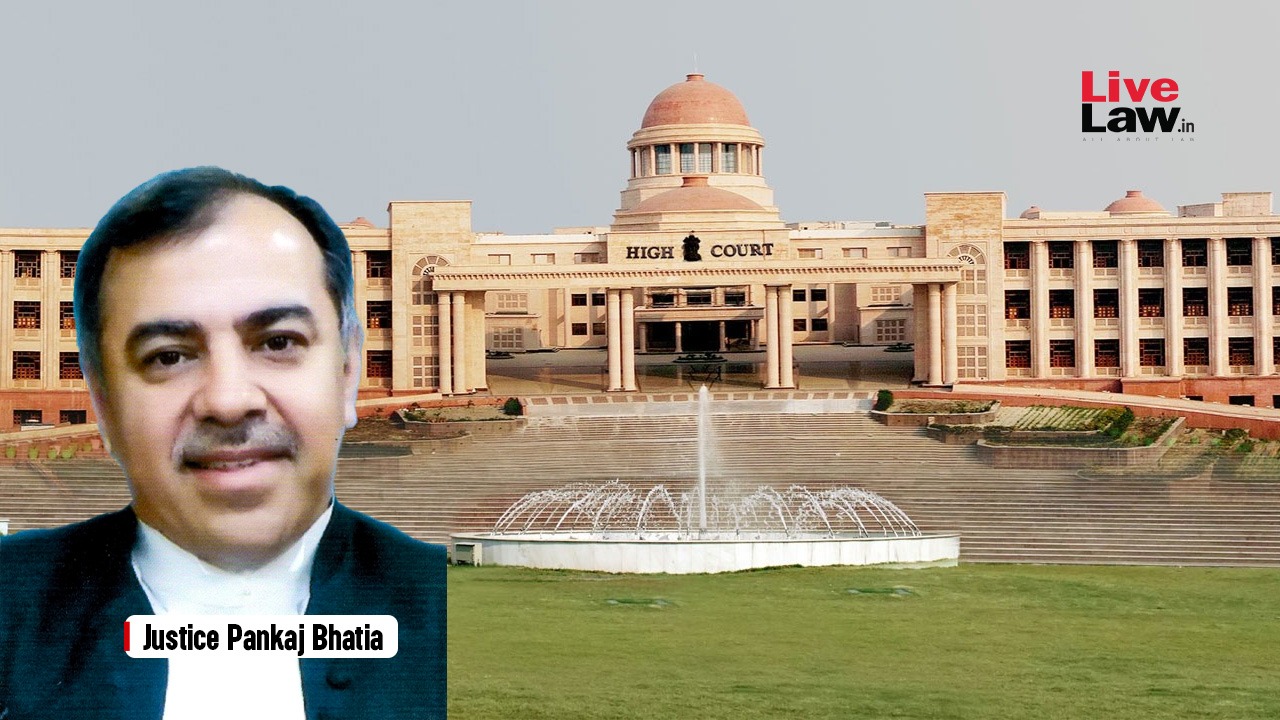DRT Officer's Lack of Due Diligence Sparks High Court Scolding: Finance Ministry Ordered to Intervene

Lucknow, India – A Debt Recovery Tribunal (DRT) officer in Lucknow has found themselves in hot water after the Allahabad High Court flagged a concerning pattern of similar orders being passed without proper consideration. The High Court has now directed the Ministry of Finance to step in and consider providing training to the officer, highlighting a systemic issue within the tribunal’s operations.
The case, which has drawn significant attention within legal circles, involved repeated instances where the DRT officer issued rulings that appeared to lack a thorough examination of the facts and legal arguments presented. Justice Rajan Roy of the Allahabad High Court expressed serious concerns about the officer’s approach, stating that the orders demonstrated a distinct absence of ‘application of mind’ – a crucial element in ensuring fair and just judicial proceedings.
“It is evident that the officer has not applied their mind while passing these orders,” Justice Roy stated in the ruling. “The Ministry of Finance needs to take cognizance of this and consider appropriate measures, including training, to ensure that such lapses are not repeated in the future.”
Why is this significant? The Debt Recovery Tribunal system is vital for the recovery of loans and debts owed to banks and financial institutions. Erroneous or poorly considered orders can have significant financial consequences for both creditors and debtors, potentially undermining the integrity of the recovery process and eroding public trust in the judicial system.
The broader implications extend beyond this specific case. The High Court’s intervention raises questions about the overall quality of training and oversight within the DRT system. Experts suggest that regular refresher courses and rigorous performance evaluations could help prevent similar situations from arising in the future.
What’s next for the Finance Ministry? The Ministry of Finance is now expected to review the High Court’s directive and formulate a plan of action. This may involve assessing the officer’s performance, identifying areas where training is needed, and implementing measures to improve the quality of decision-making within the DRT. The court has emphasised the importance of ensuring that judicial officers are equipped with the necessary skills and knowledge to handle complex financial cases effectively.
This ruling serves as a stark reminder of the importance of due diligence and impartiality in judicial proceedings, and underscores the need for ongoing training and oversight within the DRT system to safeguard the interests of all parties involved. The case is likely to be closely watched by legal professionals and financial institutions alike, as it sets a precedent for holding judicial officers accountable for their decisions.
The Allahabad High Court’s decision has been welcomed by legal experts as a necessary step in ensuring the fairness and efficiency of the debt recovery process. It highlights the critical role of the judiciary in upholding the rule of law and protecting the rights of all citizens.





